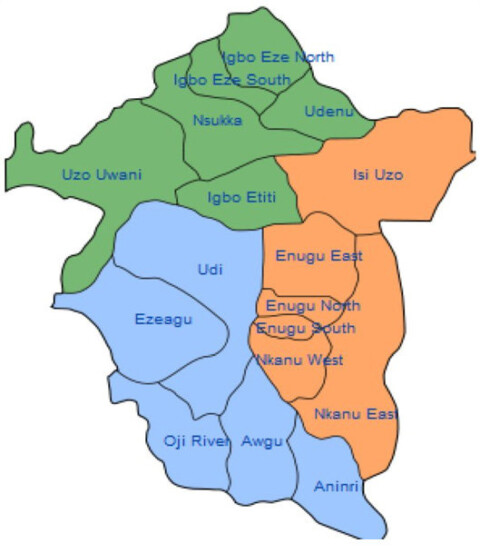Legal icon and founder of Afe Babalola University, Ado-Ekiti (ABUAD), Chief Afe Babalola (SAN), has cautioned the Federal Government against the indiscriminate approval of new universities, warning that the trend could have serious consequences for Nigeria’s future.
Babalola issued the warning during a High Impact Research and Journal Advancement Workshop hosted at ABUAD in Ado-Ekiti. He expressed deep concern over the growing number of newly licensed universities, many of which, he said, lack the infrastructure and resources needed to deliver quality education.
“Approving the establishment of universities without adequate consideration for quality and infrastructure will hurt the country in the long run,” he said. “We are prioritizing quantity over quality, and that is a dangerous path.”
Babalola recalled that during the tenure of Prof. Peter Okebukola as Executive Secretary of the National Universities Commission (NUC), the process for licensing new universities was thorough and credible.
“Then, getting approval for degree programmes—especially in fields like Medicine, Law, and Engineering—was almost impossible in the early years of any new university. Today, we’re seeing the mass approval of what can only be described as mushroom institutions, many of which don’t meet basic educational standards,” he said.
According to Babalola, this “anything-goes” approach has weakened the NUC’s regulatory power and compromised the integrity of the country’s university system.
Nigeria currently has over 270 universities, with about 200 new proposals awaiting consideration by the National Assembly, he noted. “This focus on increasing numbers without a matching focus on quality has led to a steady decline in our educational system and the quality of graduates being produced.”
He added, “What Nigeria needs is quality education—because poor education is worse than no education at all. Without fixing this, our dream of national development through research and innovation will remain unattainable.”
In recent months, the Federal Government has expanded the higher education sector as part of its strategy to improve access to tertiary education. This includes President Bola Tinubu’s approval of new federal universities such as the Federal University of Agriculture and Development Studies in Iragbiji, Osun State; the Federal University of Technology and Environmental Sciences in Iyin Ekiti, Ekiti State; and the Federal University of Environment and Technology in Ogoni, Rivers State.
In March 2025, the Federal Executive Council also approved provisional licenses for 11 new private universities across the country.
However, following a surge in private university approvals, the government has now imposed a one-year moratorium on the registration of new private institutions. This pause is intended to allow the NUC to review and strengthen its regulatory processes, ensuring that future approvals are based on academic quality, adequate infrastructure, and capacity standards.





